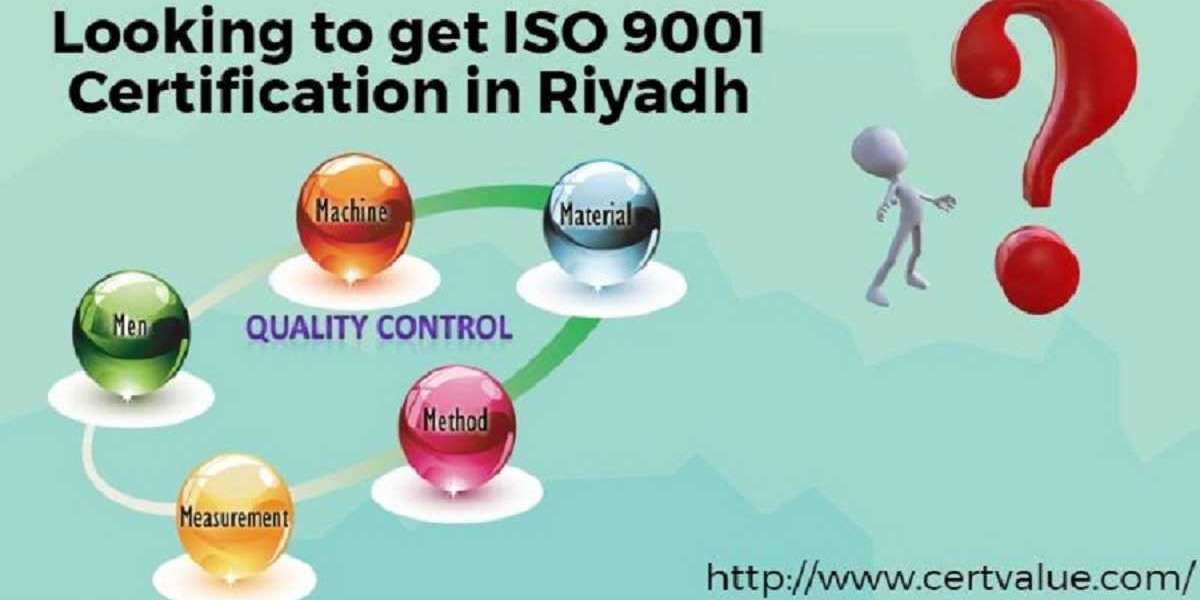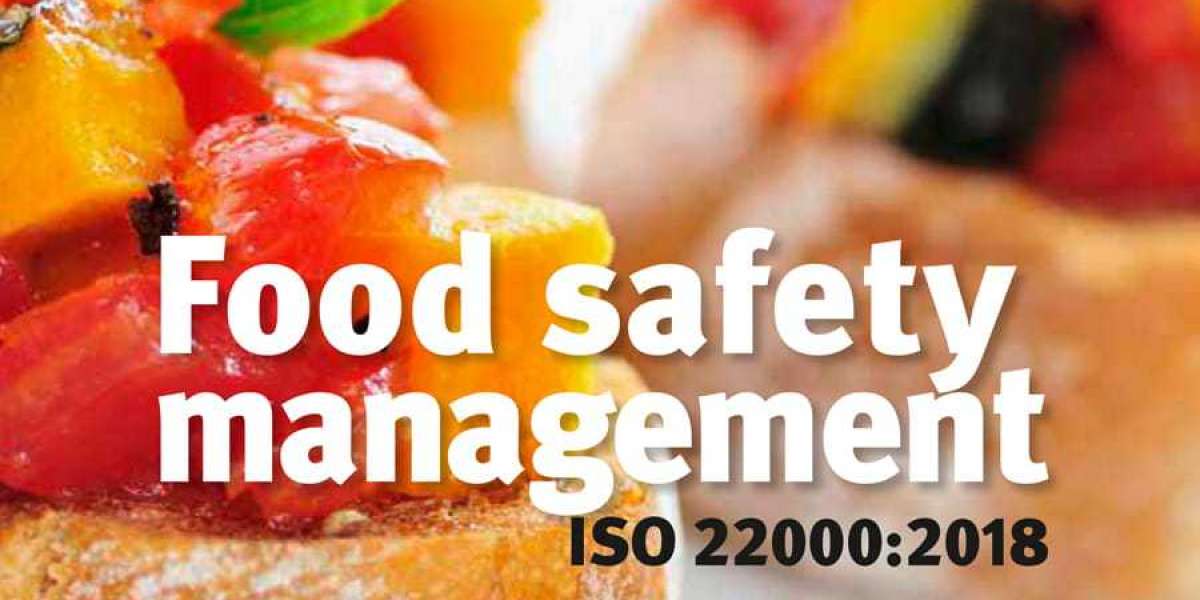One of the key advantages of any Quality Management System (QMS), especially one that has been created according to the requirements of ISO 9001:2015 certification in South Africa, is to bring a focus on continual enchantment within the organization. Continual enchantment is one of the quality management principles that forms the foundation of the ISO 9001:2015 standard; however, the requirements of the standard are non-prescriptive and only tell you what your QMS must include, but not how to implement the requirements.
Essential quality control tools: What are they?
If you are going to find ways to develop your QMS processes, you must first have data to understand how those processes are performing. Analyzing this data will, first of all, present you with areas that can be developed, and secondly, ongoing data collection will show you that enchantment has actually happened after you take the necessary actions. The American Society of Quality (ASQ) recognizes seven essential quality control tools, and these are ideal for presenting data in an understandable way so that it can be analyzed for enchantment. These tools are:
Data tables – Data tables are a way to collect data in a tabulated format so that it can more quickly be reviewed for trends. If you are tabulating defect type per supplier, it easily becomes visible which suppliers have which defects so that you can then work on enchantment.
Pareto analysis – The Pareto diagram will take the data for so many types of information, often different problems or defects, and present them in a graphical representation from highest frequency to lowest. This easily shows which problems occur most frequently, and you can quite simply tell which few defects comprise 80% of your problems.
Scatter diagrams – When using a scatter diagram, you compare two factors, ISO 9001:2015 Services in South Africa such as defect quantity and time of day, to see if there is a correlation. In this example, if you have an increased number of faults at 1PM, right after lunch break, you can then further investigate the cause of this and fix it.
Trend analysis – Trend charts, also known as graphs or run charts, allow you to graphically plot data associated with a process over time against specification limits. These charts give the raw data to establish if there is evidence that a process might need investigation for enchantment.
Histograms – Histograms plot the frequency of prevalence inside data, converting a collection of data points into a distribution curve. ISO 9001:2015 certification in Qatar Analyzing this curve can inform you if your process is functioning normally or not. If it is abnormal, then enchantments might be needed.
Control charts – Control charts are an ongoing plotting of data for a process, and can indicate when the process outputs start to shift away from the expected measurements, and then allow for correction. They also will easily show if enchantment activities have been effective, as there will be a sustained shift in the data after enchantment work is done.
Cause and impact evaluation– The cause and impact evaluation, also called a fishbone diagram, is used mainly to investigate the cause of a problem or potential problem. With the problem in mind, you think through every possible cause on the six headings of machine, method, material, measurement, men/women, and environment. After tabulating all possible causes, you can then start to eliminate them until you come to the most likely cause, which can be corrected.
Our Advice go for it!!
Certvalue is a Best leading ISO 9001 Certification Consultants in South Africa to providing the Quality management system to all companies. We are one of the well-recognized firms with experts in every industry sector to implement the standard with 100% track record of success. You can write us at contact@certvalue.com or visit our official website at we are ISO Certification Consultant Companies in South Africa. Certvalue and provide your contact details so that one of our certification expert shall contact you at the earliest to understand your requirements better and provide best available service at market.








